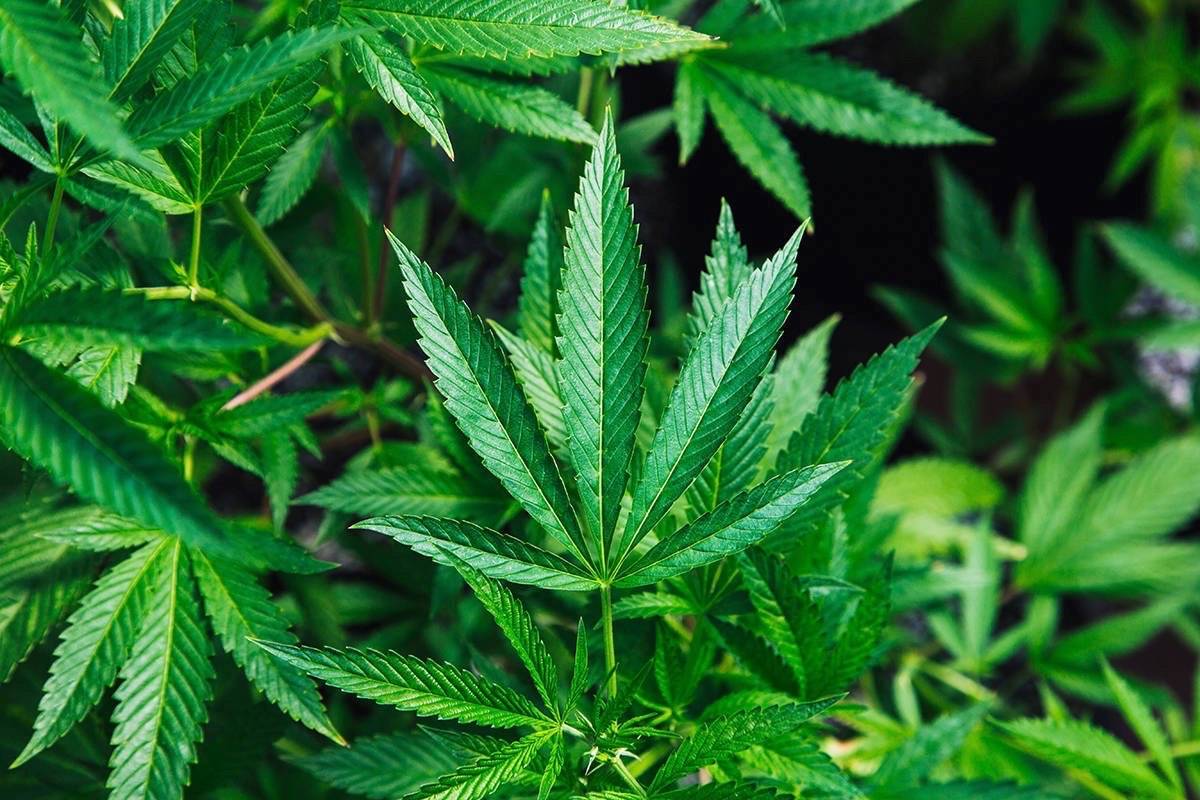You are here
Home 🌿 Recreational Marijuana News 🌿 Why isn’t British Columbia making money from adult use cannabis? 🌿Why isn’t British Columbia making money from adult use cannabis?

Nobody could have assumed it back when predictions were being made before legalization, but British Columbia isn’t really pulling in much money from the recreational cannabis industry.
Seeing how B.C. was always seen as Canada’s California when it comes to weed quality, the inability to make profits in the cannabis industry has caught many by surprise.
Others, however, have long foreseen this problem and warned of the incoming uphill battle against the black market growers and dealers.
Growers had nowhere to go
The problem with illegal cannabis flooding the streets of British Columbia is not a new one. In fact, it’s been going on for a while now.
In 2015, at the end of the MMPR program, there were some 20,000 assigned growers (16,000 of those were located in B.C.) supplying medical-grade cannabis and shipping it directly to patients.
In April 2015, Stephen Harper’s Conservatives demanded that these growers destroy their crops and dismantle and destroy their equipment. Those growers were then summarily excluded from the new medical cannabis system.
Seeing how many of these growers were earning their bread and butter this way, it is only logical that a certain (big) portion turned towards the black market.
So, three and a half years ahead of the legalization there’s a glut of unemployed growers who have already optimized their growing operations to a certain extent.
With the time they had, they could have further optimized and expanded their growing operations, meaning they were able to produce cheap and quality cannabis that was always available. This, in return, made it so that the black market created a very good relationship with its customers – something that the legal market hasn’t managed to do yet.
Later on, the ACMPR was introduced and it made it so that each medical patient can have a designated grower, however, this meant that the grower could service only one person at a time.
This didn’t really serve the purpose as the growers were already used to servicing dozens of patients at a time.
By setting the laws in such a way to isolate and exclude growers that didn’t fit the legal definitions, California, Oregon, and other places also alienated the growers.
This, in return, created a huge glut of illegal cannabis in both states.
Sales aren’t going smooth
The mainstream media would have you think that the black market growers are dying out and turning to the legal market, but that’s not the truth at all.
In fact, just a month after legalizing cannabis, 35% of the population in Canada went back to their old, non-government approved dealers, and you better believe that number is even higher in B.C.
Last year’s estimates say that B.C. should make about $50 million CAD in sales taxes, and that an additional $20 million would be added to the provincial budget as assistance from Ottawa. However, the budget now shows the total estimated for those two categories combined this year was only $17-million so far.
This could be due to a lack of retail stores and online outlets available to the general public. Just like Ontario, British Columbia isn’t really keen on opening too many stores at once.
On Oct. 17, 2018, the first BC Cannabis Store opened in Kamloops, and the city has approved applications for an additional two. The LDB also has received approval to open BC Cannabis Stores in Campbell River, Williams Lake, Cranbrook, Terrace, Salmon Arm, and Fort St. John.
Meanwhile, the government cracked down on illegal retailers which were largely present in the cities and forced them to shut down their operations instead of including them into the system from the start.
It would seem that Canada is still a ways of having a completely saturated and well-organized cannabis market, but nobody expected the growing pains to hurt the situation so badly.
The lawmakers in British Columbia will have to address this problem sooner rather than later, otherwise they might find themselves fighting a hopeless battle.
420 Intel is Your Source for Marijuana News
420 Intel Canada is your leading news source for the Canadian cannabis industry. Get the latest updates on Canadian cannabis stocks and developments on how Canada continues to be a major player in the worldwide recreational and medical cannabis industry.
420 Intel Canada is the Canadian Industry news outlet that will keep you updated on how these Canadian developments in recreational and medical marijuana will impact the country and the world. Our commitment is to bring you the most important cannabis news stories from across Canada every day of the week.
Marijuana industry news is a constant endeavor with new developments each day. For marijuana news across the True North, 420 Intel Canada promises to bring you quality, Canadian, cannabis industry news.
You can get 420 Intel news delivered directly to your inbox by signing up for our daily marijuana news, ensuring you’re always kept up to date on the ever-changing cannabis industry. To stay even better informed about marijuana legalization news follow us on Twitter, Facebook and LinkedIn.




